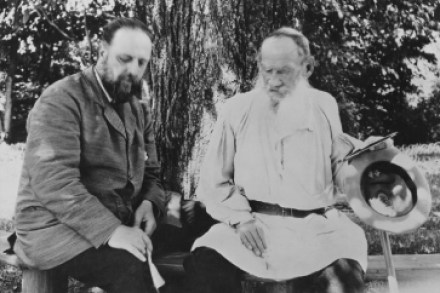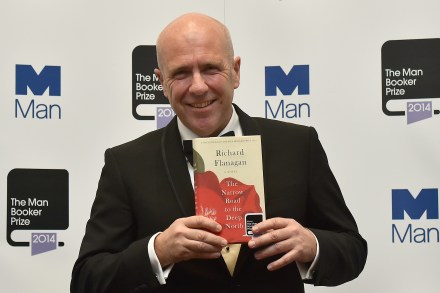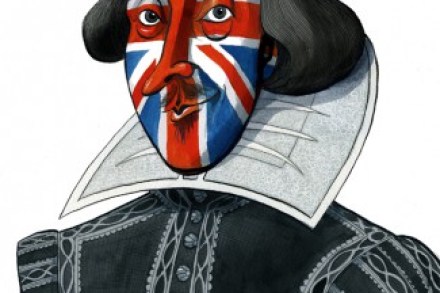Wonderful waffle
It is hard to explain the contents of Karl Ove Knausgaard’s vast series My Struggle because not much happens. Or rather: a lot of things almost happen. In these strange and unquantifiable books, which feel like a spiritual autobiography but read like trashy fiction, Knausgaard recounts his ambiguous relationships with his brother and parents and wives; he describes terrible-sounding meals which he cooks (he eats a lot of pasta with dubious sauces) and the rambling, incomplete conversations he has with acquaintances. He discusses books he has read and books he would like to write. He goes out, meets girls, gets drunk, feels sorry for himself, and then goes back to




















